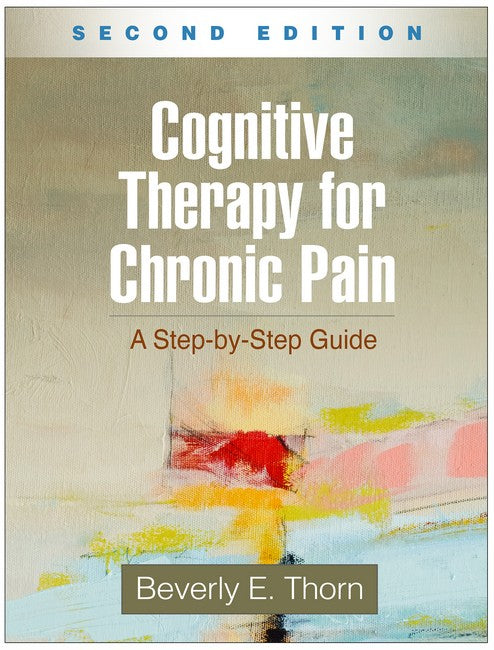Description
I. Rationale, Theory, Research, and Assessment 1. Why Consider Cognitions When Treating Chronic Pain? 2. Conceptual/Organizational Model and Treatment Rationale: Cognitive Therapy for Chronic Pain 3. The Research Foundation for Cognitive Treatment of Pain 4. Clinical Assessment of Pain from a Biopsychosocial Perspective II. A Cognitive Treatment Program for Chronic Pain Treatment Module 1. The Brain in Pain: Rationale for Cognitive Therapy Treatment Module 2. The Stress-Judging-Pain Connection Treatment Module 3. Identifying Automatic Thoughts Treatment Module 4. Examining Our Thoughts and Creating New Ones Treatment Module 5. Muscle Relaxation and Coping Self-Statements Treatment Module 6. Deeper Beliefs Treatment Module 7. Observing and Letting Go Treatment Module 8. Writing about Strong Emotions: Another Way of Acknowledging and Letting Go Treatment Module 9. Assertiveness: A Great Way to Communicate Treatment Module 10. Putting It All Together Appendices Appendix A. Brief Pain Inventory-Short Form (BPI-SF) Appendix B. P4 Suicidality Screener (P4) Appendix C. Pain Catastrophizing Scale (PCS) Appendix D. Tampa Scale for Kinesiophobia-11 (TSK-11) Appendix E. Pain Self-Efficacy Questionnaire (PSEQ) Appendix F. Patient Global Impression of Change Scale Audio Downloads 1. Diaphragmatic (Belly) Breathing 2. Passive Muscle Relaxation 3. Mindfulness Relaxation

